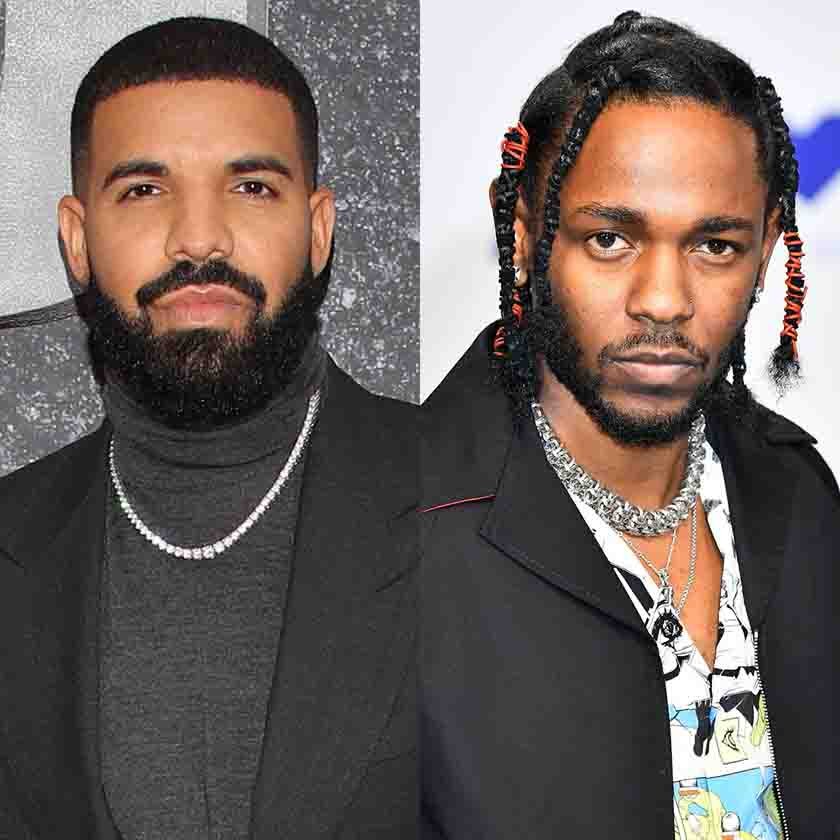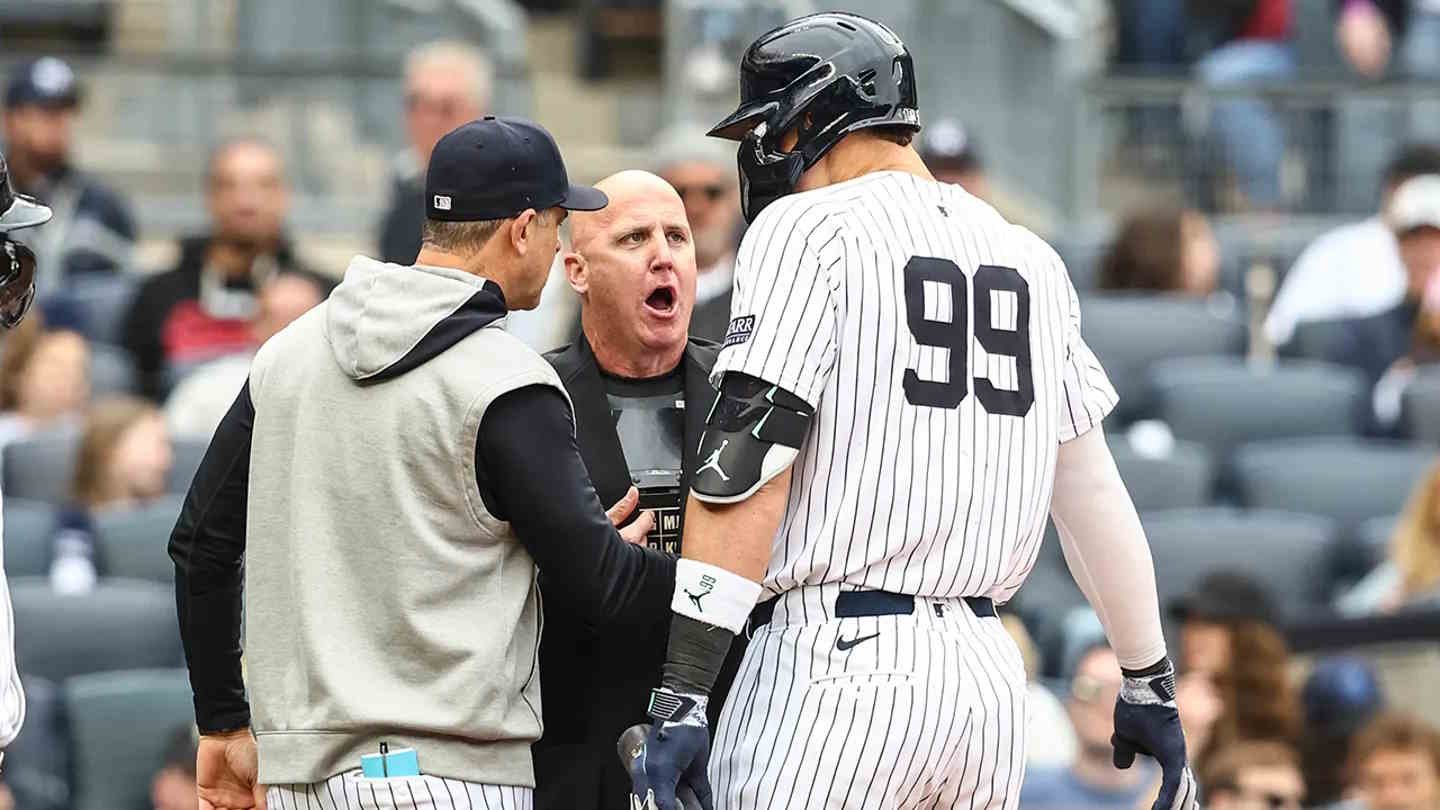A federal judge in Manhattan dismissed Canadian rapper Drake’s high-profile defamation lawsuit against Universal Music Group on Thursday, ruling that Kendrick Lamar’s chart-topping diss track “Not Like Us” falls under protected speech in the world of hip-hop rivalries. The decision ends a legal battle that stemmed from one of the most intense rap feuds in recent years, but Drake’s team has already signaled plans to appeal.
Drake, whose real name is Aubrey Drake Graham, filed the suit in January 2025 in the U.S. District Court for the Southern District of New York. He accused UMG, his longtime record label, of defamation and harassment by aggressively promoting Lamar’s track, which includes lyrics accusing Drake of pedophilia and other serious allegations. The song, released in May 2024 amid their escalating beef, has amassed over 1.5 billion streams on Spotify alone and secured five Grammy Awards earlier this year.
In her 38-page opinion, Judge Jeannette A. Vargas wrote that the track’s claims are “rhetorical hyperbole” and opinion, not verifiable facts that could support a defamation claim. She emphasized that diss tracks are a longstanding tradition in rap, often employing exaggeration for artistic effect, and that UMG’s promotional efforts did not cross into illegal territory. “This is not unique in the world of rap,” UMG’s lawyers argued in their motion to dismiss, a point the judge appeared to endorse.
The feud between Drake and Lamar ignited in early 2024 with a series of back-and-forth tracks, including Drake’s “Push Ups” and Lamar’s response “Euphoria.” “Not Like Us” became the feud’s viral pinnacle, topping the Billboard Hot 100 for eight weeks and dominating summer playlists. Drake had claimed UMG manipulated streaming algorithms to boost the song’s reach, potentially damaging his reputation and costing him millions in lost revenue.
Drake’s attorney, Michael J. Gottlieb, called the ruling “disappointing” and vowed to pursue an appeal, arguing it sets a dangerous precedent for artists facing false accusations in music. UMG welcomed the decision, stating it protects free expression in the industry.
This ruling could ripple through the music business, where personal attacks in lyrics have long been fair game but rarely tested in court. As the appeal process unfolds, it raises questions about the line between creative license and liability in an era of billion-stream hits and social media-fueled beefs.
For the latest updates on entertainment and music industry news, visit WebTopTrends.com.

















